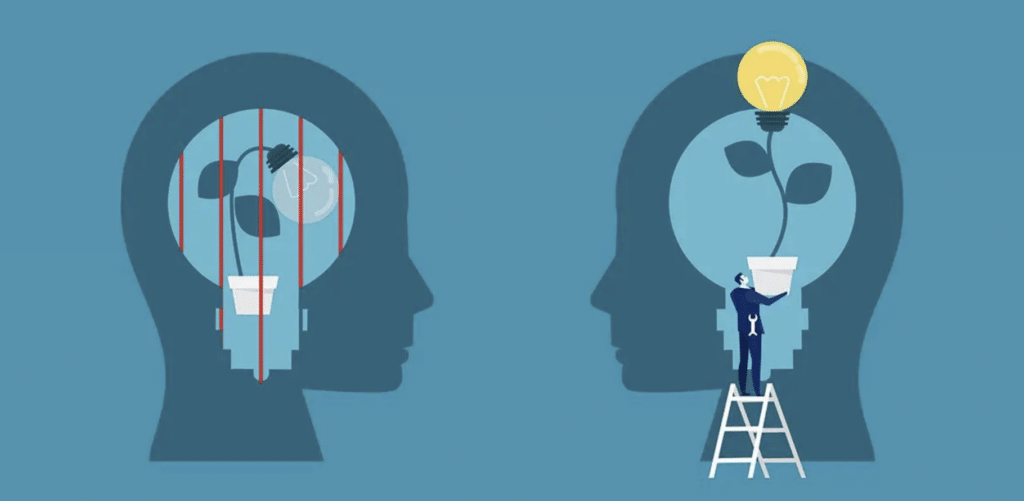Rutgers-Camden Blog
What Having “Growth Mindset” Actually Means


Imagine this: You prepared weeks on end for a class presentation—you followed the grading rubric, convinced yourself that you were an expert in the subject matter, and even practiced a few times in front of family and friends to ensure that you were ready. When it’s finally time to showcase your presentation in class, you feel confident, and everything goes smoothly (or so you thought). The next week, you find out that you received a C- on your presentation. How do you feel, and what’s your response? The way that we react to scenarios that don’t go as we had initially planned (especially when we’ve put in a lot of effort) can be good indicators of our mindset. Carol Dweck, a psychologist, professor, and author, specializes in research concerning two different types of mindsets: the fixed mindset and the growth mindset. According to Dweck (2007), students with fixed mindsets are those who believe their success is based on natural, innate ability and that not much can be changed. Students with a growth mindset, however, believe they can get smarter or enhance their skills, and understand that effort makes them stronger. Therefore, they put in extra time and effort, which leads to higher achievement. In going back to our example, utilizing a growth mindset to respond to your presentation grade could help you to acknowledge your missteps and find inspiration to keep improving. For instance, instead of wallowing in disappointment and convincing yourself that you’re just no good at presentations, the C- might motivate you to seek additional feedback from your professor and classmates about areas for improvement and additional learning for next time. While the grade may not be ideal, your mindset is what will influence your next steps: To avoid the challenge or embrace it and improve your work. Check out this 2-minute video clip that fully explains this concept of mindsets. Here are some ways that you can build a growth mindset within yourself:
• Face your challenges bravely. If you find yourself terrified in the face of a serious challenge, stop and reframe the situation in your mind. Consider your challenge as an “opportunity,” thus slightly shifting your perspective to make it easier for you to engage.
• Start to pay attention to the words you speak, even the words in your mind. Replace negative thoughts with more positive ones. Replace judgment with acceptance, hate with compassion. If you are disrespecting yourself or lowering your ethical standards, the outcome of your decisions and their consequences will reflect that.
Turn criticism around until you find its gift. The purpose of criticism is to make things better. Someone else can see what you are doing from a slightly different perspective and may have some valuable suggestions for you. If you open up to hearing suggestions, you can more easily develop your growth mindset. • “Not yet” is OK. When struggling with a task, remind yourself that you just haven’t mastered it “yet.” If you stick with it, time and practice will lead to improvement and self-development. For the full list of tips, click here.
